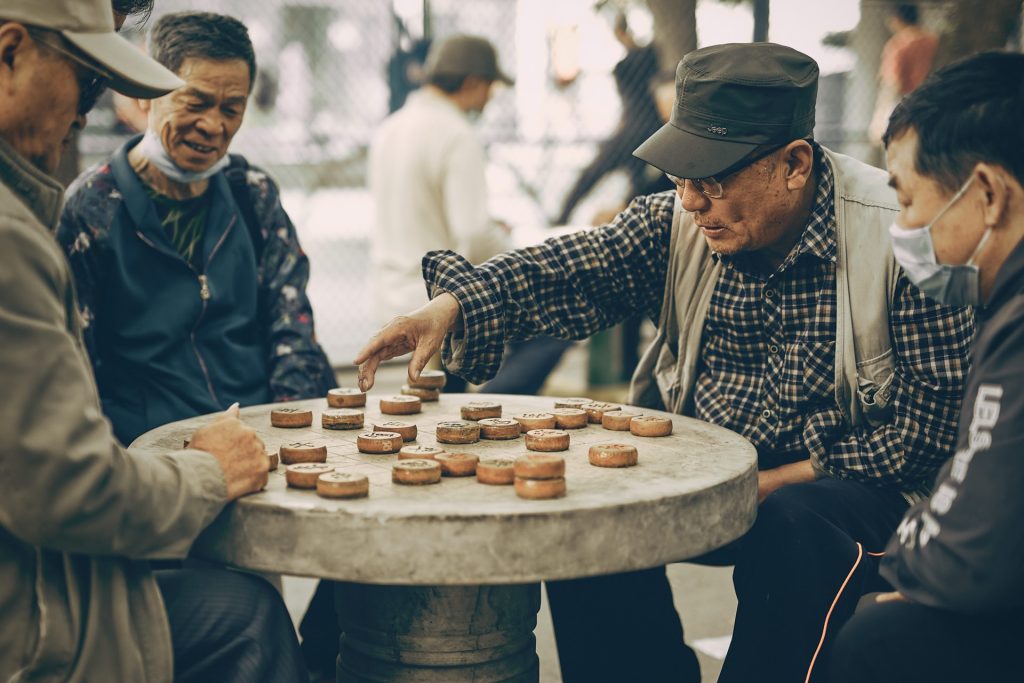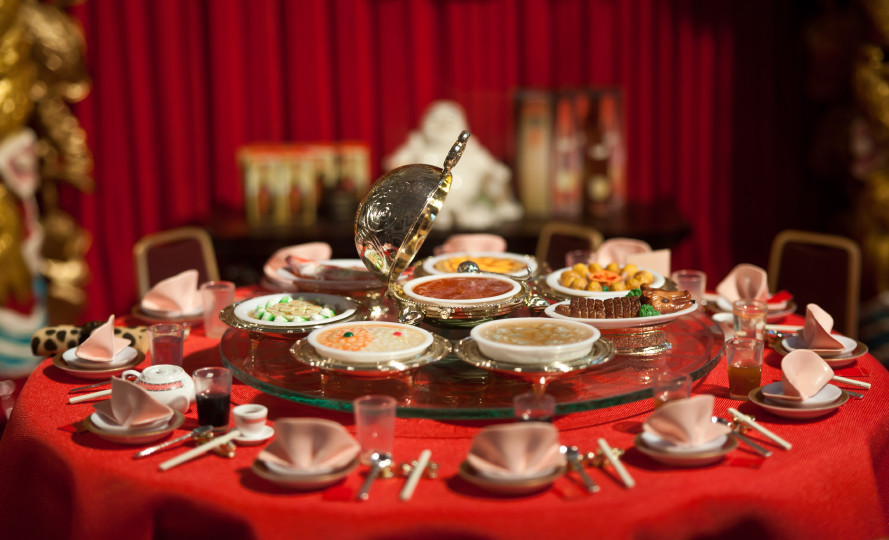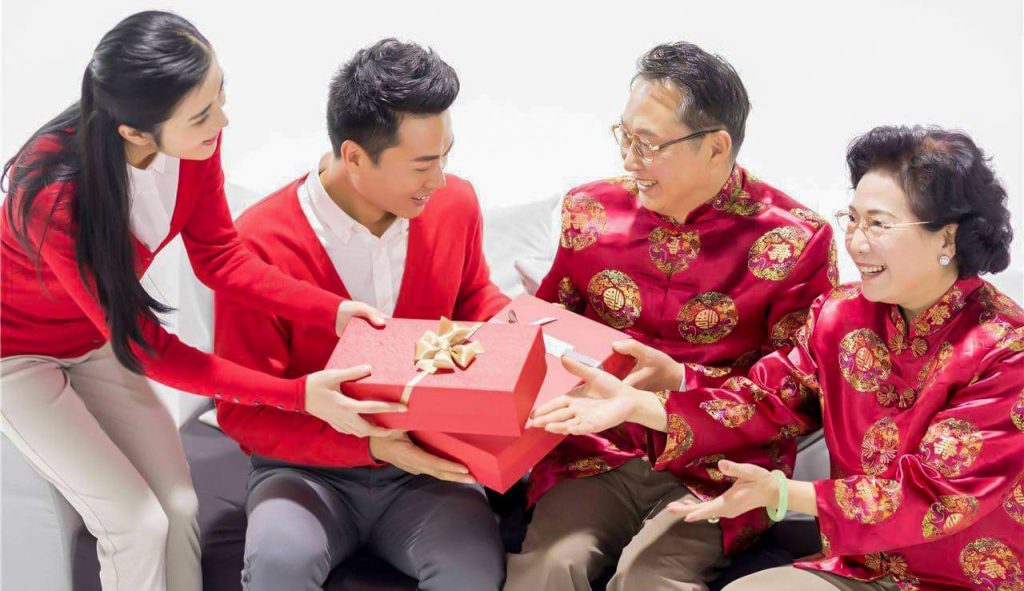Traveling to China involves several difficulties. Yes, there is jet lag and a language barrier. However, for most first-timers, the cultural shock really gets to them. This is why it is essential to learn the Chinese etiquette early with the complete dos and don’ts guide.
You can feel a little out of the ordinary as soon as your plane takes flight. For instance, if you’re traveling on a Chinese airline, you’re instructed to put your phone away as soon as you take off. No, not airplane mode — Chinese law mandates that phones stay powered off while in flight. Thus, airline staff could sternly order you to do so by switching off your phone — off. If you were considering using your phone to listen to music, well…
Once you land, the cultural shock also continues. Many Chinese etiquette taboos Americans are taught to adhere to seem broken once you land. A couple of examples: not slurping your soup and respecting other people’s privacy.
Therefore, to save you from any embarrassment here is a complete Dos and Don’ts guide for China.
The Chinese Etiquette in Common Life

Chinese national pride is equal to, if not greater than, foreign national pride. It is clear that when foreigners criticize China, locals may grow a bit annoyed. Though you probably already know this. Politics, state officials, recent history, and problems with Taiwan, Xinjiang, and Tibet are still delicate subjects. Instead, focus on a few other etiquettes you should keep in mind.
Never Write in Red Ink
Red ink is a sign of conflict or criticism. Only teachers use it to grade papers. It also marks the names of offenders with death sentences in official documents. The offender names are also written in red ink on gravestones. This is why you should never write in red ink, especially when writing someone’s name.
Apt Reactions
When a local asks you a personal question, try not to overreact. An inquiry that might as personal in your culture can be common and legitimate in China. If your new pals start asking you questions about your marital status, family, age, career, or money, don’t seem surprised. They are only trying to find a point of commonality to start or continue the conversation.
Keep Calm
When interacting with government representatives, maintain your composure and avoid creating heated situations. An incensed or irritated foreigner stands out and attracts unnecessary attention. Additionally, in Asian cultures, like China, raising your voice is a like a loss of face.
Avoid Public Displays of Affection
Avoid showing your devotion in public. Although public showings of affection are not as frowned upon as they formerly were in China, it is still best to refrain from them initially.
Greetings in Chinese Etiquette

DOS
- Do extend a handshake or a nod while greeting someone. Save the bows for your trip to Korea or Japan.
- Do not use the family name alone as the salutation for seniority; instead, use the family name with Mr. (Xiansheng) and Ms. (Nvshi).
- Start by addressing the older or more senior individual first to show respect for people in higher positions.
DON’TS
- Don’t shake hands too vigorously. A hard handshake could be an aggressive gesture.
- Don’t try to reach for a hug, the first time you meet someone, in particular. Aside from a simple handshake, any physical touch might make your new Chinese acquaintances feel uneasy.
- Elders shouldn’t be addressed with “ni hao” (/nee haow/). Use “Nin hao” instead (/neen-haow/, meaning “you good”). This is more courteous, official, and polite.
Customs and Etiquette in Chinese dining

DOS
- Do partake in toasts. In formal settings, participating in each toast and even standing is appropriate.
- When attending banquets or formal events, try every dish. It’s customary to leave some food on the plate after dinner to recognize the hospitality of your host.
- When someone refills your tea, do tap the table. Tap the dining table with two fingers to express gratitude to the person who refreshed your tea.
DON’TS
- Never put any inedible items in your rice dishes, such as bones or seeds. Place them on the little plate using a tissue or your hand, or watch how others handle them.
- Put away the chopsticks. Using your chopsticks to tap your bowl or the table can be disrespectful and impolite.
- Don’t take food from the main courses using your own chopsticks. This might be unsanitary. Simply use serving chopsticks or the serving spoons.
Exchanging Gifts in Chinese Etiquette

DOS
- Do present and receive things with both hands– it is polite in Chinese culture.
- Do refuse gifts several times before finally accepting one. Don’t be disheartened if someone initially rejects the present; it’s customary in Chinese culture to politely decline a gift before accepting it.
- Do give modest gifts from your own countries, such as books, CDs, cigarettes, and candy (or a well-known Chinese brand). These are routinely welcomed and appreciated.
DON’TS
- Be cautious when opening your present unless the giver is adamant otherwise. In Chinese culture, it is considered courteous to unwrap presents after you or your visitors have left.
- Avoid using white or black wrapping paper while presenting presents. Opt instead for festive hues like crimson.
- Don’t gift timepieces and other significant goods. In China, the number four and clocks symbolize death, while sharp items stand for breaking bonds.
Behavior in Historical and Religious Areas in Chinese Etiquette
DOS
- Do move in a clockwise direction when visiting a temple or monastery.
- Do give some Yuan to the pious beggars. In Tibetan culture, doing this is seen as a worthy deed.
- Do remove your hat before entering temples. This is usually done out of respect.
DON’TS
- Never photograph older people without their consent. A request to photograph them is frequently interpreted as an offer to pay, which is also true in other locations along the Silk Road.
- Never touch a Tibetan’s head. Tibetans could find this gesture offensive since they believe God lives within your skull.
- Avoid dipping your fingers in temple yak butter lamps. You might be tempted to taste the butter, but doing so is highly offensive and dangerous for your health.
Conclusion: Importance of Chinese Etiquette
There you have it! Though these may seem ludicrous, remember that we must respect each culture, and Chinese etiquette are integral to the Chinese culture. Why not keep an open mind and embrace the culture with both arms and enjoy the hospitality the Chinese have to offer!
If you enjoyed this post, please like and share it. I’d would to hear please your thoughts the comments below. The Chinese culture is quite unique and intriguing. So, to learn more about Chinese culture and society or Chinese etiquette, check out some of our posts. The Diverse Chinese Culture: Why I Love It and Green Tea in China and Its Significance for Culture are a couple of examples.
Edited by: Syed Umar Bukhari.


